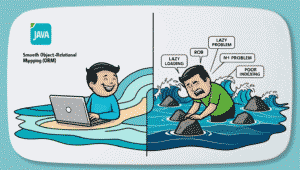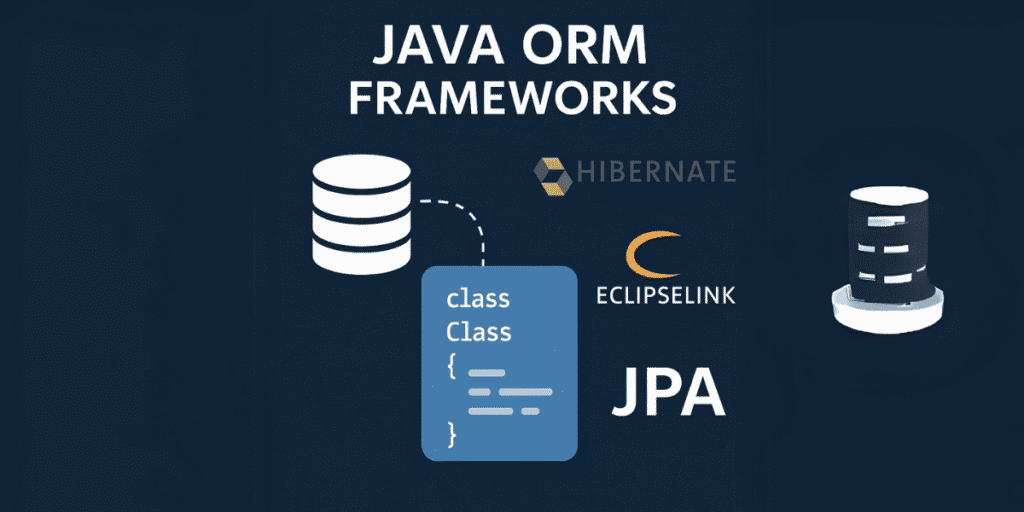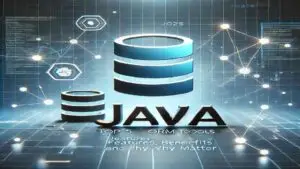Contact us : contact@digitechgenai.com

Common Mistakes to Avoid When Using Java ORM in Real Projects
Introduction Java ORM (Object-Relational Mapping) libraries such as Hibernate and Spring Data JPA have changed the way developers work with databases, but Java ORM mistakes closing the gap between object-oriented code and relational databases. Yet, in spite of their strength,…






